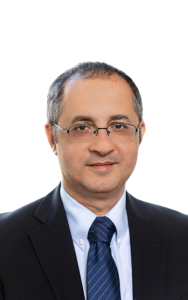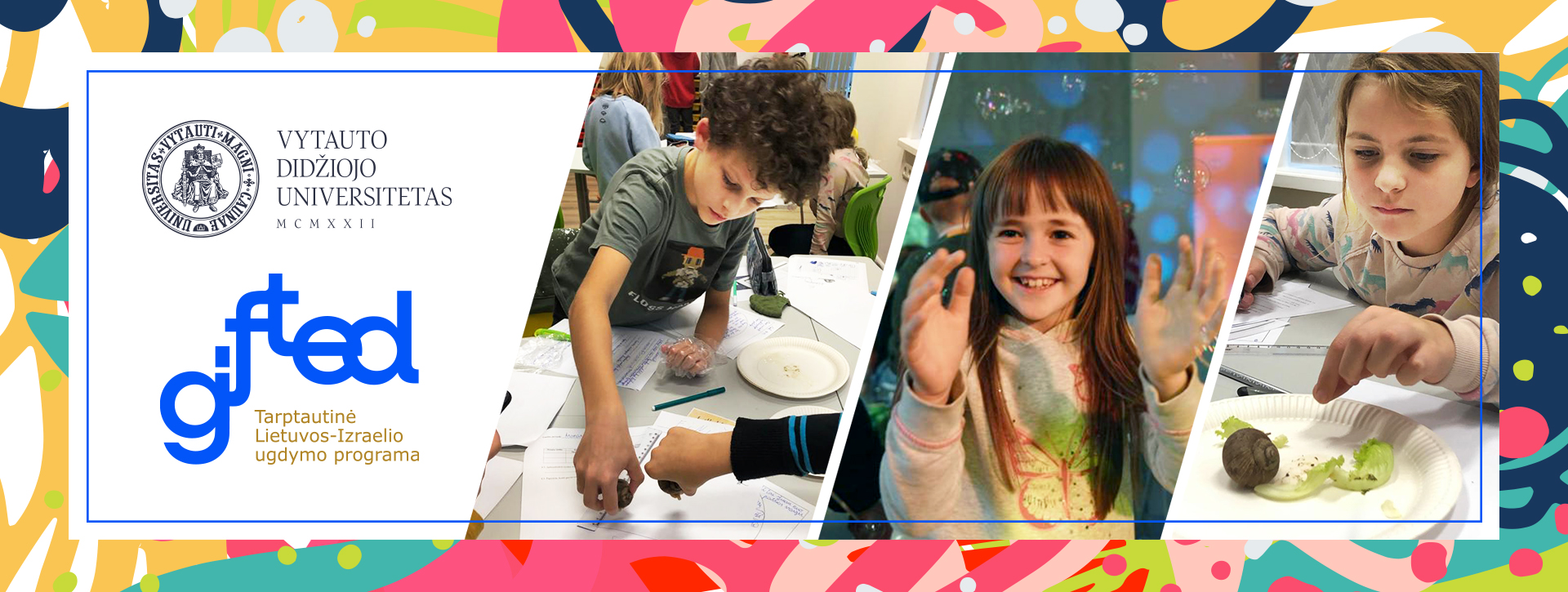Conference Program
Key speakers:
Prof. Dr. Sylvain Connac. Mokymosi personalizavimas ir atsižvelgimas į mokinių įvairovę
University of Montpellier-Paul-Valéry, Department of Education and Training, France
PhD Albert Pinhasov. When Nurture Outpaces Nature: The Epigenetic Influence of Maternal Care on Stress and Social Behavior
Rector of Ariel University, Israel

Professor Albert Pinhasov, born in 1972 in Namangan, Uzbekistan, is a molecular biologist at Ariel University. With degrees from Nizhny Novgorod Medical Academy and Tel Aviv University, plus a postdoctoral fellowship at Johnson & Johnson, he researches stress and mental health, publishing over 90 papers and holding patents. He mentors students, promotes diversity, and leads international projects, including a 2025 Israel-India academic partnership and a 2024 global collaboration initiative. A father of three, he was honored by Brno University in 2024.
PhD Stefano Triberti. The challenge of personalization in education
Department of Psychology and Health Sciences, Pegaso University, Milan, Italy
Preconference Workshops
Preconference workshops will be held on November 19-20. Each workshop will be limited to 30 participants. You may register for one morning and one afternoon workshop. The cost for each is 50 Eur.
Dr. Ofer Keren, Director at Ron Vardi School for Gifted and Outstanding, Izrael
A lecture on the characteristics of educational environments for gifted and talented students in Israel
The lecture will cover the development of an adapted curriculum, addressing social and emotional characteristics, and assessment methods. The aim of the lecture is to provide a clear picture of the rationale and the way schools, gifted centers, and even kindergartens address the needs of gifted and talented students. The lecture will emphasize the rationale for nurturing the gifted in Israel and how this nurturing is carried out, from teacher training to the actual educational environments in which students and teachers operate. Option for a lecture followed by a workshop. In the workshop, participants will develop educational environments according to their fields of knowledge, using the rationale and characteristics presented in the lecture. Participants will build and present to each other, from their respective disciplines, the educational environment based on the developed curriculum.
Dr. Evelina Savickaitė-Kazlauskė, dėstytoja, VDU, psichologė ir meno psichoterapeutė, konsultuojamojo ugdymo specialistė.
Gabių vaikų atpažinimas ir vertinimas
Kas yra gabumai ir aukštas intelektinis potencialas? Gabių vaikų sąvoka ir apibrėžimai. Kognityviniai, socialiniai ir emociniai bruožai. Biologiniai gabumo pagrindai. Gabių vaikų atpažinimo metodai:psichologiniai testai, stebėjimo metodai, interviu ir kt.Tėvų ir pedagogų vaidmuo atpažįstant gabumus.
Afternoon Preconference Workshops
Dr. Stefano Triberti . A Grade for Artificial Intelligence
Artificial intelligence (AI) is rapidly advancing across various sectors, including education. However, AI in education raises ethical concerns, for example, regarding the originality of students’ homework, which could affect both learning outcomes and student–teacher’s trust. Despite AI’s potential benefits, many teachers feel skeptical about its use, fearing that students may use it unfairly. This aims to explore teachers’ ability to assess the originality of student assignments and identify AI-generated content, taking into consideration teachers’ expertise, self-efficacy, and personality.
Dr. Fidelma Healy Eames. Gifted and Talented education provision
In relation to Gifted, Talented and highly-able students, that participants will be enabled to:
- Understand what giftedness is
- Identify and recognise gifted and talented learners, underachieving gifted learners and twice-exceptional learners (students with a gift and a disability)
- Understand their characteristics and diversity,
- Support these students in practical ways inside and outside the classroom, highlighting a sample of initiatives that particularly appeal to them.




